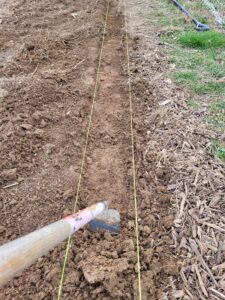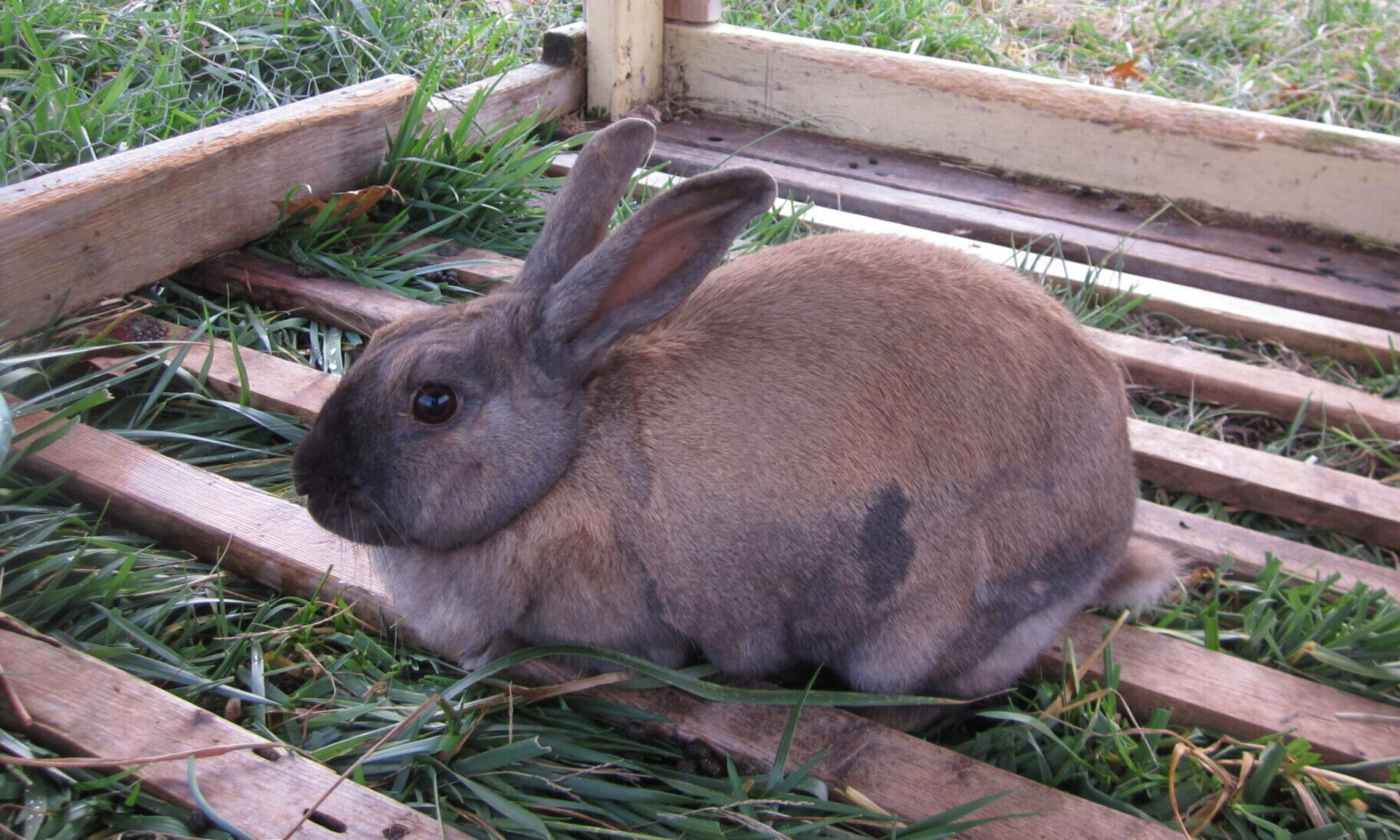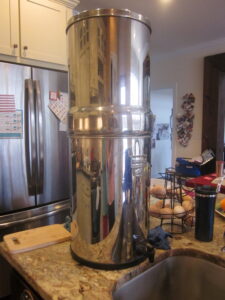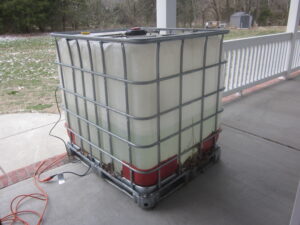Foundations for Farming, connected with the Well Watered Garden Project and our friend Noah Sanders, uses four key principles in farming, homesteading, and all of life. Honestly, we aren’t perfect, and we are still working to reach optimal stewardship of what we’ve been given. But we still wanted to share these principles with you.
Principle #1: High Standard
God has called us as Christians to steward well what he has given us, and to multiply it. This means doing our best, working hard, and not skimping on anything. It’s a powerful witness to unbelievers to see an orderly, beautiful homestead, and it often saves you work in the long run.
Practical Tips
Doing your work to a high standard goes from the little thing to big things:
-
- Don’t bite off more than you can chew. Work with portions that you’re able to do to a high standard. Then work up from there!
- Straight rows
- Clean animal environments (see this post about clean nesting boxes)
- Keeping records
- Planning

How do you all keep your work to a high standard on the homestead or other contexts?


